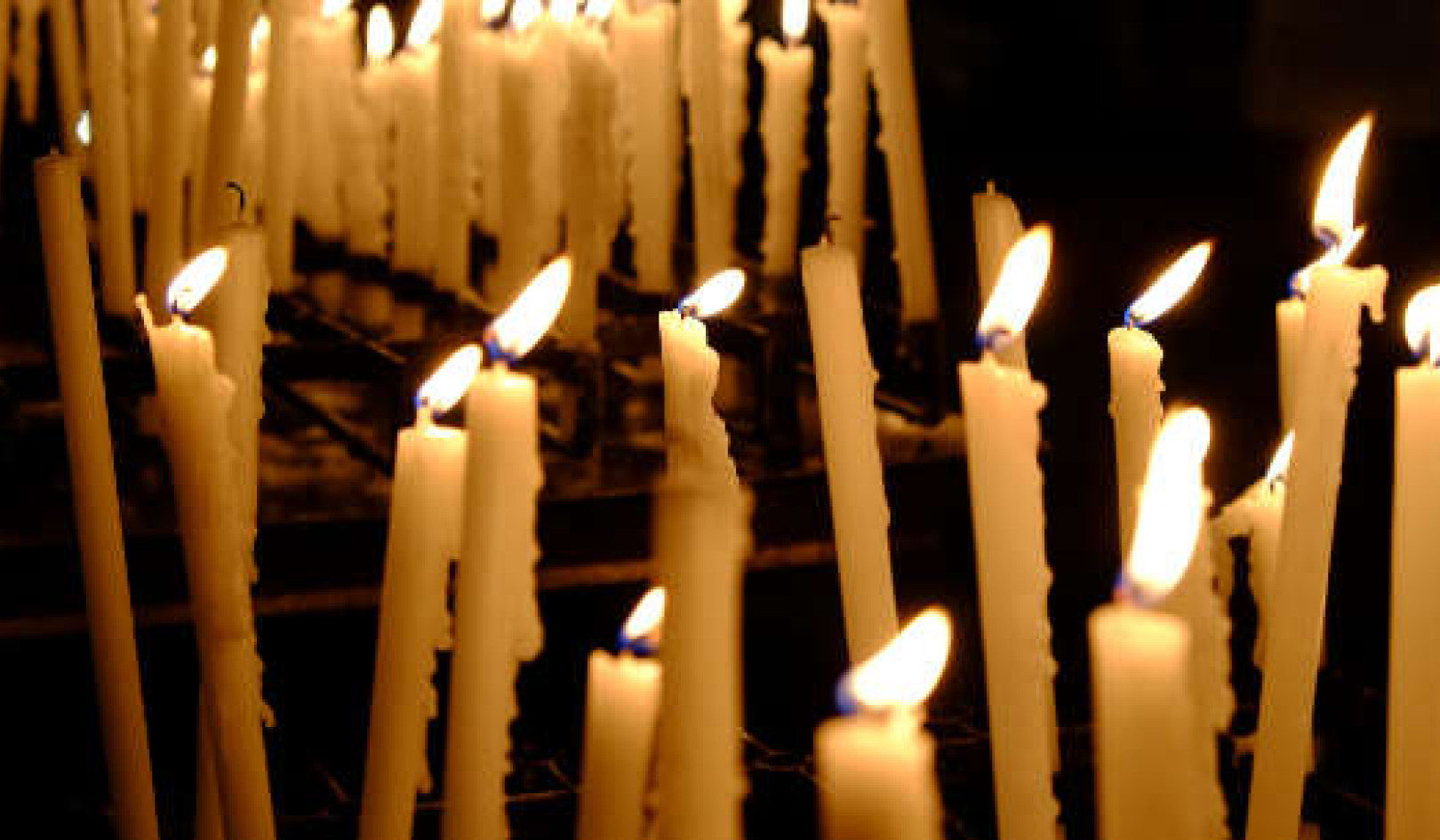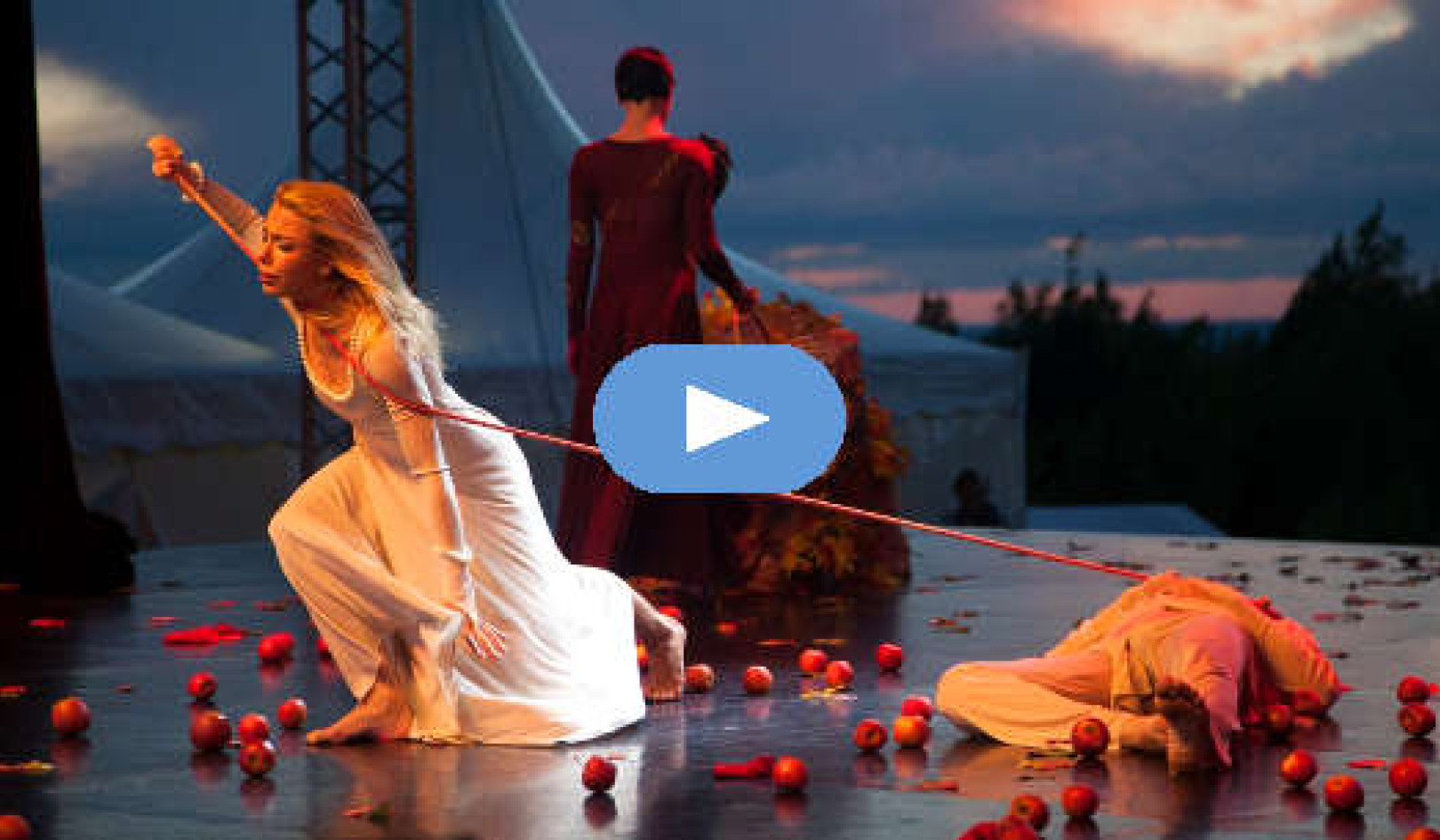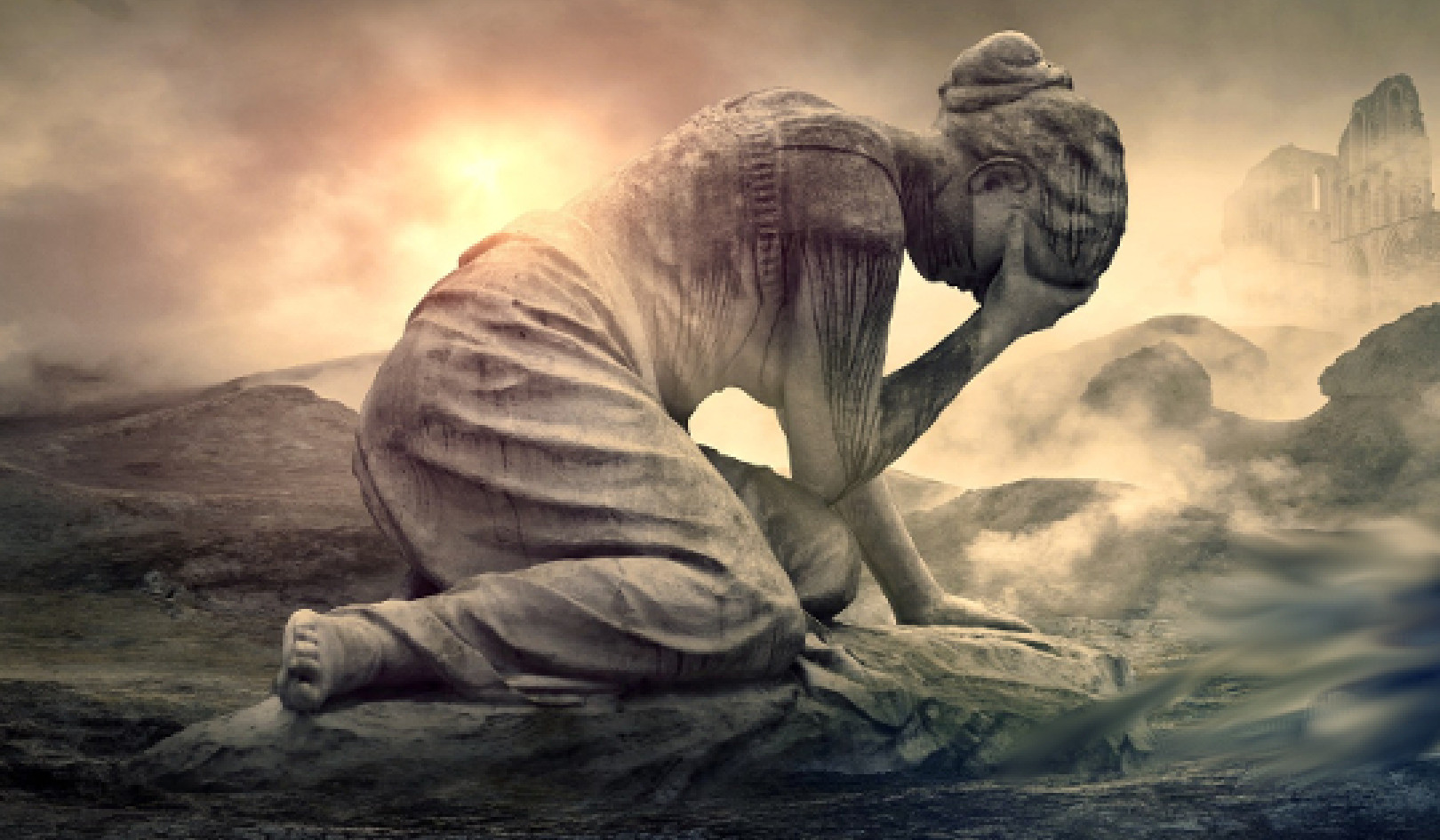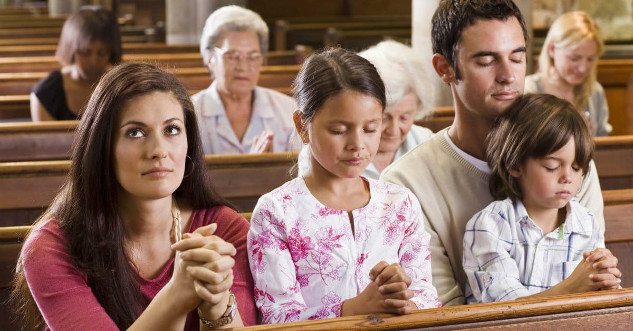
In life, we often have hope, optimism, and faith. While these three are closely linked, each has its own shade of meaning and influence. By embracing each, we cultivate a more resilient and positive outlook in the face of life's inevitable challenges.
Hope is a deeply personal beacon that illuminates our paths in the darkest nights. It's the inner voice that tells us that there's a dawn beyond the dusk and a better chapter waiting to be written. This sense of hope isn't tied to the immediate surroundings but is a testament to the indomitable spirit that resides within each of us. Hope offers a us strength when logic suggests we should despair.
Optimism, by contrast, is the lens through which we view the future. Rooted in the lessons of the past and the realities of the present, optimism requires a specific alignment with evidence, a belief in the likelihood of good outcomes based on rational analysis. It's the calculated bet on sunshine following the rain, trust in the patterns and probabilities that shape our world.
Faith, on the other hand, stands apart as a testament to our capacity for belief beyond the visible, the tangible. It is the quiet surrender to forces and truths that transcend our understanding that envelops our existence. Whether it takes the shape of religious devotion, spiritual meditation, or secular trust in the arc of the universe, faith offers a grounding force, a compass by which we navigate the unknown waters of life.
It's crucial to recognize that while faith can deepen and enrich hope, hope remains accessible to all, irrespective of spiritual or religious affiliations. Hope is a universal language, spoken in the silent prayers of the heart, in the relentless push towards tomorrow. It is the flame that can be kindled in every soul, the light that guides us through the storm. - Robert Jennings, InnerSelf.com
Hope is not the same as optimism, a psychologist explains − just look at MLK’s example
by Associate Professor of Psychology, Hope College
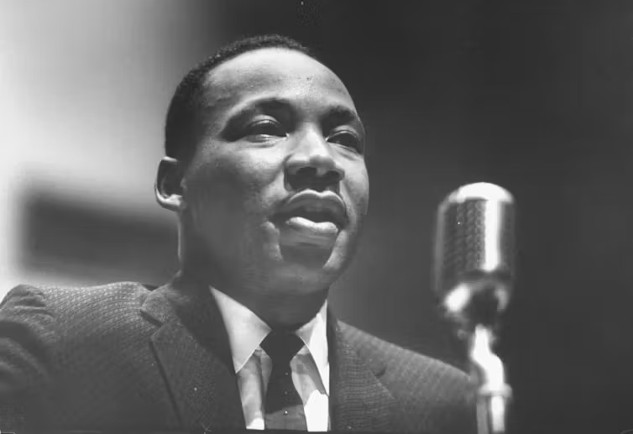
On April 3, 1968, standing before a crowded church, the Rev. Martin Luther King Jr. painted his vision for justice. “I’ve seen the Promised Land,” he said. “I may not get there with you. But I want you to know tonight that we, as a people, will get to the Promised Land.”
Twenty-two hours later, he was assassinated.
King’s prophetic words express the virtue of hope amid hardship. He was not optimistic that he would reach the “Promised Land,” yet he was hopeful about the ultimate goal.
In conversation, “hope” and “optimism” can often be used as synonyms. But there’s an important gap between them, as psychology research suggests.
One of the most common tools to measure optimism asks people how much they agree with statements such as, “In uncertain times, I usually expect the best.” Those who strongly agree are regarded as highly optimistic.
But optimism can rely on a sense of luck over action. Self-help books on optimism are lined with hacks – like imagining your greatest possible self or focusing on the best-case scenario.
My psychology research studies how people perceive hope and justice. Long-term hope is not about looking on the bright side. It is a mindset that helps people endure challenges, tackle them head-on and keep their eyes on the goal – a virtue that King and other community leaders exemplify.
We, not me
Hope is often defined in psychological research as having strong will to succeed and plans to reach a goal.
Hope is stronger than optimism at predicting academic success and people’s ability to cope with pain. Plenty of scientific evidence suggests that hope improves individuals’ health and boosts their well-being.
But branding hope as a self-improvement tool cheapens this long-established virtue. Hope has benefits beyond the self. Thus, many psychologists are expanding the study of hope beyond personal success. My research team defines this “virtuous hope” as striving toward a purposeful vision of the common good – a hope often shaped by hardship and strengthened through relationships.
Many leaders, including King, have channeled that lesson to inspire change. Centuries of spiritual and philosophical work describe hope as a virtue that, like love, is a decision, not a feeling.
The myth of time
King wasn’t known for looking on the bright side or expecting the best from others. He faced repeated waves of criticism, and, at the time of his death, fewer Americans approved of him than of the Vietnam War.
In “Letter from a Birmingham Jail,” King lamented the optimism of moderate white Americans who said they supported his goals but took little action. There is a “strangely irrational notion that there is something in the very flow of time that will inevitably cure all ills,” he wrote. “Actually, time itself is neutral; it can be used either destructively or constructively.”
He chastised society for believing that improvement would simply happen on its own. When he said, “The arc of the moral universe is long, but it bends towards justice,” he was not describing its natural trajectory, but what people have the power to change. You cannot expect greener pastures if they are not tended today.
King was not alone in leveraging virtuous hope for justice. Brazilian educator Paulo Freire described hope as an “existential imperative” that promotes action. Nelson Mandela, who spent 27 years in prison, called hope a “powerful weapon.”
Forged in adversity
What makes hope a virtue is not its ability to promote happiness and success but its commitment to a greater good beyond the self.
I study virtuous hope in a South African Zulu community, where there are few reasons for optimism. South Africa has the world’s steepest inequality. Unemployment is high, and social mobility is low. This is the part of the country where HIV is most widespread, with the percentage near 50% in some communities.
We studied several people seen as embodying hope, based on their reputation and community suggestions. These individuals demonstrated an unwavering focus on striving for a better future, often unglued from expectations of personal success.
One local farmer nominated by his community struggled to buy seeds for his crops but still helped others apply for grants to buy them. Even when his own future was uncertain, he was not hoarding. He described his hope as a commitment to help others. His hope is not a positive expectation but a moral commitment.
Our interviewees did not describe hardship as a suppressor of hope but as its context to grow.
One unemployed young woman said she had applied for jobs for four years and would continue, though she was not naïve about the tough future. She said applying for jobs and reading to her child were her acts of hope. Her hope didn’t expect a quick improvement, yet it warded off paralysis.
Many of our interviewees anchored their hope in their Christian faith, as did King. King often referenced St. Paul, one of the first Christian writers, who wrote, “Suffering produces endurance, endurance produces character, and character produces hope. Now this hope does not disappoint us.”
Hope, in other words, plays the long game: enduring suffering with integrity. Like King’s, it manifests in hardship and is refined in adversity. Hope enables communities to march for justice and democracy even while tasting the danger of dictatorship, apartheid or oligarchy.
Hope knows it may take another generation to reach the Promised Land, but it acts today to bend the moral arc toward justice.![]()
Kendra Thomas, Associate Professor of Psychology, Hope College
This article is republished from The Conversation under a Creative Commons license. Read the original article.

Related Books:
Prayer Journal for Women: 52 Week Scripture, Devotional & Guided Prayer Journal
by Shannon Roberts and Paige Tate & Co.
This book offers a guided prayer journal for women, with weekly scripture readings, devotional prompts, and prayer prompts.
Click for more info or to order
Get Out of Your Head: Stopping the Spiral of Toxic Thoughts
by Jennie Allen
This book offers insights and strategies for overcoming negative and toxic thoughts, drawing on biblical principles and personal experiences.
Click for more info or to order
The Bible in 52 Weeks: A Yearlong Bible Study for Women
by Dr. Kimberly D. Moore
This book offers a yearlong Bible study program for women, with weekly readings and reflections, study questions, and prayer prompts.
Click for more info or to order
The Ruthless Elimination of Hurry: How to Stay Emotionally Healthy and Spiritually Alive in the Chaos of the Modern World
by John Mark Comer
This book offers insights and strategies for finding peace and purpose in a busy and chaotic world, drawing on Christian principles and practices.
Click for more info or to order
The Book of Enoch
translated by R.H. Charles
This book offers a new translation of an ancient religious text that was excluded from the Bible, offering insights into the beliefs and practices of early Jewish and Christian communities.

















